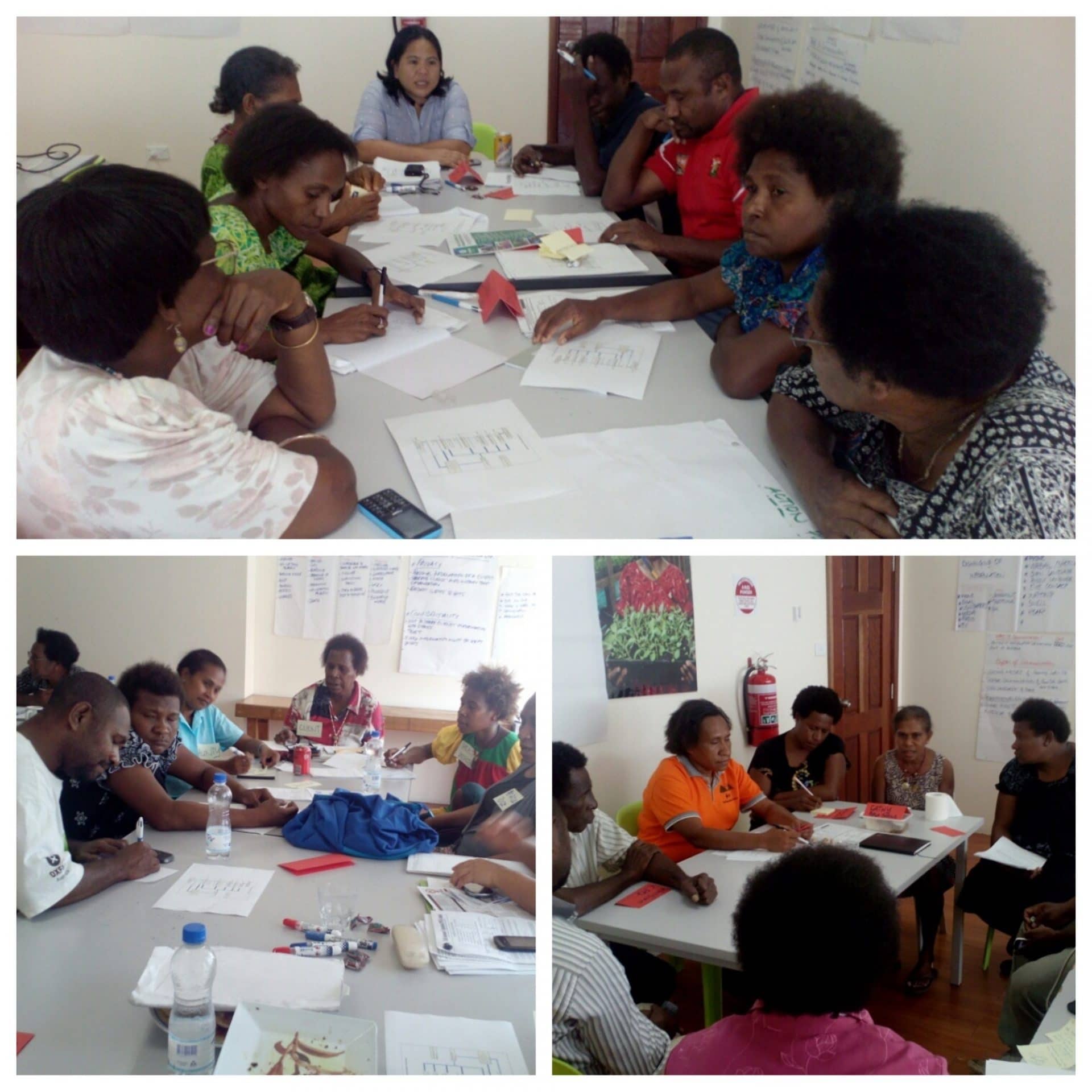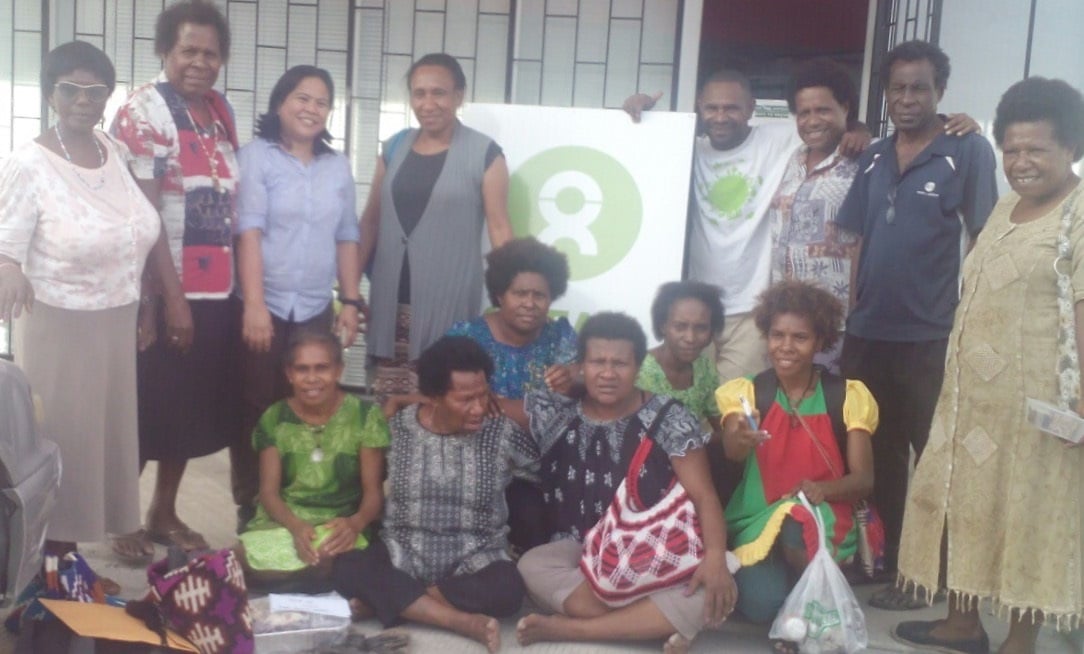
Mellanie Olano
Attending training is an opportunity for an individual to learn new things and also to unlearn the things that they are used to doing. Service providers who have been working for a long time may sometimes forget to follow certain protocols because of their overwhelming number of cases handled. On the other hand, new service providers may lack some of the knowledge and skills required to handle and manage cases.
To address these concerns, Oxfam together with Femili PNG conducted a five-day training course on case management for partners on February 6-10, 2017. It was attended by 15 participants from different Oxfam Gender Justice partners in Papua New Guinea, including Family for Change, Nana Kundi Crisis Centre, Saint Anna’s Crisis Centre, Madang Provincial Council of Women, Kup Women for Peace, Kafe Urban Settlers Women’s Association, Kedu Safe Haus, Lifeline Counselling, Papua Hahine Social Action Forum and Oxfam PNG Gender Justice program staff.
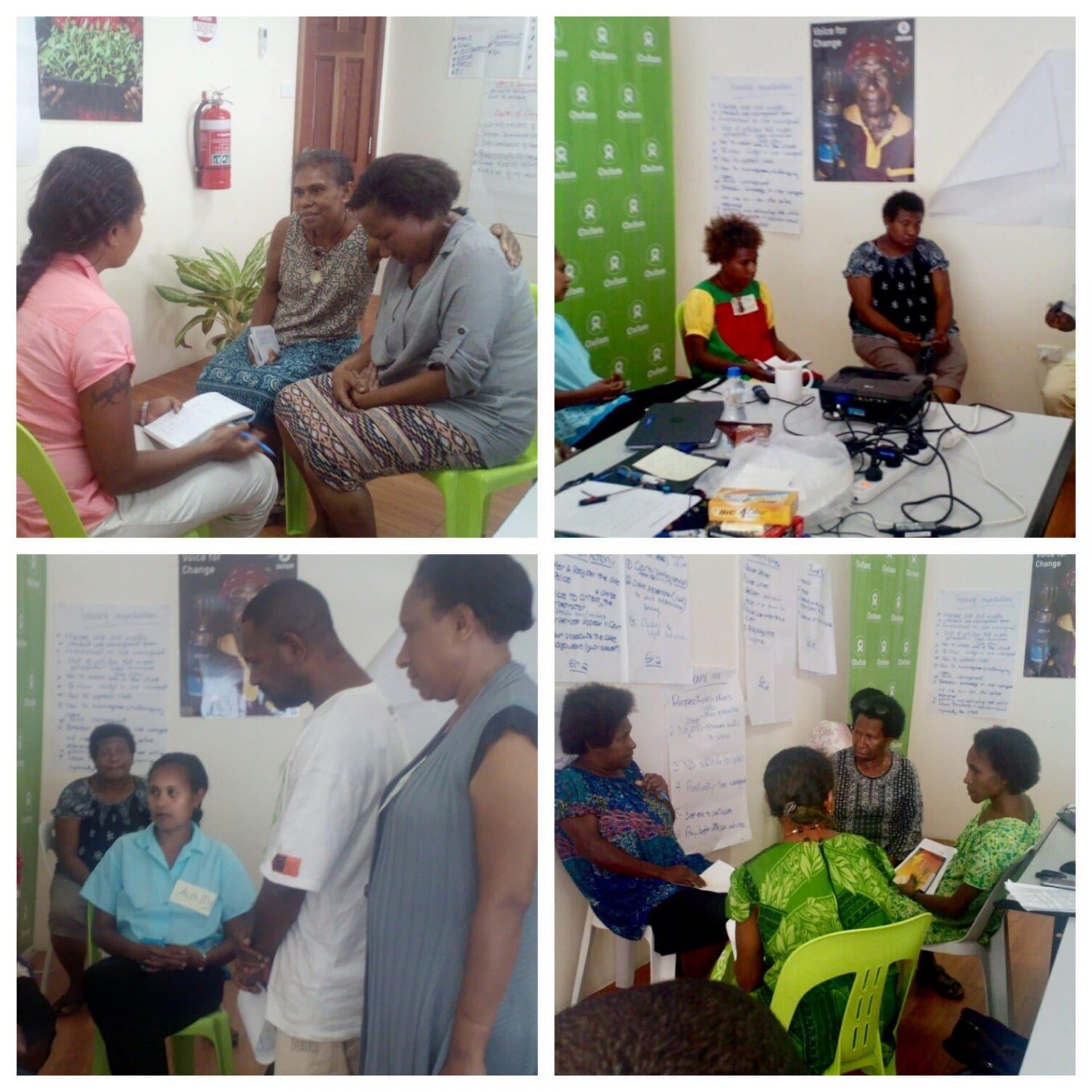
The aim of the training was to build the partners’ capacity and knowledge on family and sexual violence case management. This included the important protocols on victim handling and a basic orientation on trauma-informed care, so that the participants would better understand the plight of women and children survivors of family and sexual violence. The training was facilitated by three Femili PNG staff including Ms Daisy Plana, CEO/Senior Social Worker, Ms Konnie Yoifa, Training Coordinator and Ms Evan Bieso, Case Work Manager.
The following topics were covered in the training:
- The Stages of Case Management
- Case Conferencing
- Case Coordination
- Duty of Care
- Client’s Rights and Responsibilities
- Client’s Privacy & Confidentiality
The second part of the training included discussion on trauma-informed care and effective communication skills. The participants were given basic information about trauma and how trauma affects the brain and how it affects the victims.
All the topics are important for effective case management and role play was used to ensure understanding of the training content and for the participants to practically see and experience what effective case management can look like. All the participants were cooperative in the role play activities and the facilitators provided specific examples for their understanding of the process. At the end of the training participants made individual plans of action on how they will implement the things that they had learned.
Participant feedback:
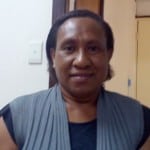
“I am very pleased with this training. I have been working with Kafe Urban Settlers Women’s Association and was glad to be included and given proper training on case management. The skills, knowledge I learned made me feel competent to do my job and in working for the improvement of the lives of my clients.” – Roselyn Erick, Counsellor/Case Manager, Kafe Urban Settlers Women’s Association.
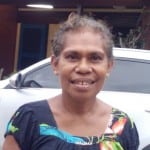
“As a Finance Officer and a Counsellor, I am happy that I was chosen to attend this training. I learned to appreciate more the efforts our organization is doing in helping our clients. I also learned a lot and I plan to roll this out in our organization and to motivate them to do more awareness campaigning on gender-based violence and for the people to learn about our services to victims/survivors of GBV. I also love the way the training was facilitated. The facilitators ensured that all the topics are understood well by the participants by using different strategies like role play, giving specific examples and a lot more.” – Margaret Baniyamai, Finance Officer/Counsellor, Kedu Safe House.
Indeed, this participant feedback confirms that learning and unlearning is possible… and can be fun… when done the right way.
